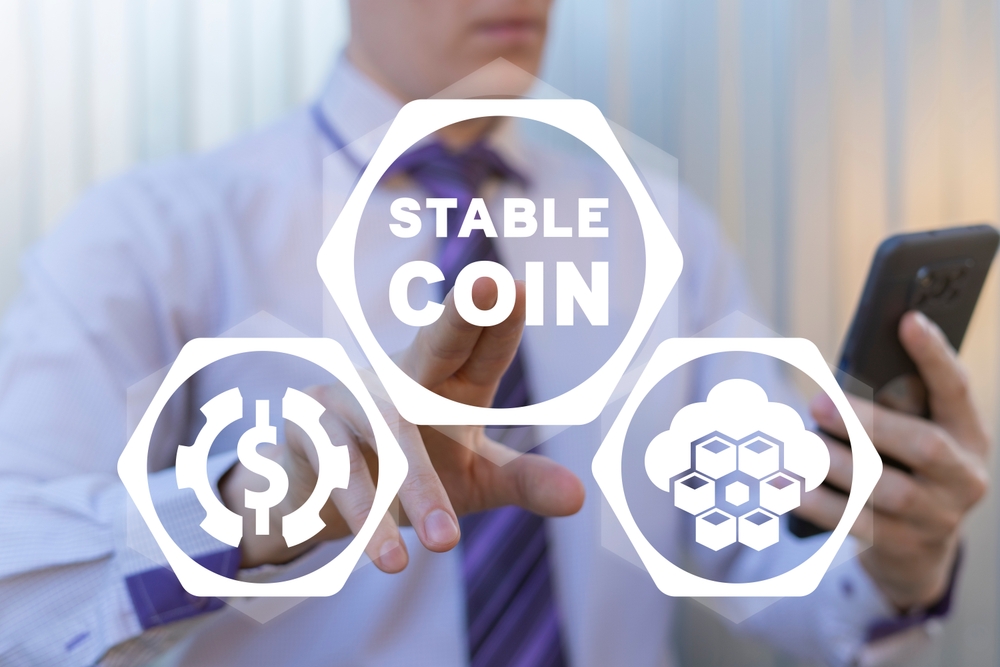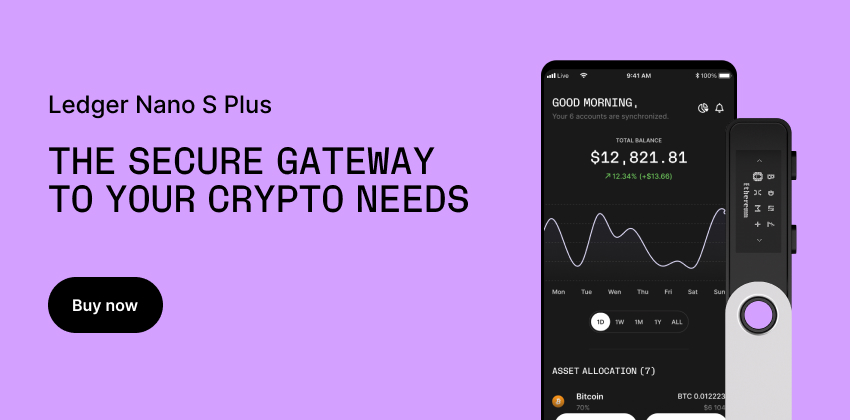Table of Contents
Toggle4. Technical Performance and Security Considerations for Crypto Payment Solutions
When evaluating crypto payment solutions for e-commerce businesses, it is crucial to consider technical performance and security aspects to ensure a smooth and secure experience for both merchants and customers. This section will delve into the technical details of performance and security factors, including transaction speeds, network congestion, encryption, and authentication.
4.1. Performance Metrics
Transaction speed and network congestion are critical performance factors for crypto payment solutions. Several metrics can be used to evaluate these factors:
Transaction confirmation time: The average time it takes for a transaction to be confirmed by the network. This depends on the cryptocurrency being used and the network’s current state. For example, Bitcoin transactions can take an average of 10 minutes to be confirmed, while Ethereum transactions take around 15 seconds on average.
Transactions per second (TPS): The number of transactions a network can process per second. Higher TPS indicates better scalability and performance. For instance, Bitcoin has a TPS of around 7, Ethereum has a TPS of approximately 30, and Visa’s payment network can handle around 24,000 TPS.
Block size and time: The maximum size of a block (a collection of transactions) and the time it takes to create a new block impact transaction processing capacity. For example, Bitcoin has a block size of 1 MB and a block time of 10 minutes, whereas Ethereum has a dynamic block size and a block time of around 15 seconds.
4.2. Network Congestion
During periods of high demand, networks can experience congestion, resulting in slower transaction times and higher transaction fees. Scalability solutions, such as the Lightning Network for Bitcoin and Layer 2 solutions for Ethereum, can help alleviate network congestion and improve performance.
4.3. Security Considerations
To ensure the security of transactions and protect customer data, businesses must choose a payment solution that employs robust security measures. Some critical security aspects to consider include:
Encryption: End-to-end encryption should be used to secure communication between customers, merchants, and payment gateways. This involves using cryptographic algorithms, such as AES-256 or RSA, to protect data from unauthorized access.
Multi-signature wallets: Some crypto payment gateways offer multi-signature wallets, which require multiple private keys to authorize a transaction. This adds an extra layer of security to protect against unauthorized access and fund mismanagement.
Two-factor authentication (2FA): 2FA provides an additional layer of security by requiring a second form of verification, such as a one-time password (OTP) or a biometric identifier, to access sensitive account information or authorize transactions.
Secure storage: Securely storing private keys, API keys, and other sensitive data is crucial to prevent unauthorized access and potential theft. This can be achieved by using hardware wallets, cold storage, or encrypted key management systems.
Regular security audits: Conducting regular security audits, vulnerability assessments, and penetration testing can help identify and mitigate potential security risks, ensuring that the payment solution remains up-to-date and secure.
In summary, a thorough evaluation of the technical performance and security aspects of crypto payment solutions is crucial for e-commerce businesses to ensure smooth, efficient, and secure payment processing. By considering transaction speeds, network congestion, encryption, and authentication, businesses can make informed decisions about the most suitable crypto payment solution for their specific needs.
5. Pros and Cons of Crypto Payment Solutions
Understanding the advantages and disadvantages of crypto payment solutions is essential for e-commerce businesses to make informed decisions. Here is a concise analysis of the pros and cons associated with using crypto payment gateways and direct wallet integrations:
5.1. Crypto Payment Gateways
Pros:
Easy integration: Crypto payment gateways offer pre-built plugins and APIs, making integration with popular e-commerce platforms simple and efficient.
User-friendly features: These gateways provide a streamlined user experience through features like automatic currency conversion, real-time exchange rates, and customizable payment interfaces.
Fraud protection: Payment gateways often include risk management systems and chargeback protection, ensuring secure transactions and reducing fraud risk.
Customer support: Businesses benefit from dedicated customer support offered by payment gateway providers, which can assist with technical issues and transaction management.
Payout flexibility: Crypto payment gateways typically provide the option to receive payouts in cryptocurrencies or fiat currencies, enabling flexibility in fund management.
Cons:
Transaction fees: Using a crypto payment gateway often involves transaction fees, which can vary depending on the provider and the cryptocurrency used.
Limited control: Merchants have less control over their funds since the gateway provider handles transaction processing and fund management.
Reliance on third-party service: Relying on a third-party provider can pose risks, such as service disruptions or changes in terms and conditions, which may affect business operations.
5.2. Direct Wallet Integration
Pros:
Cost savings: Direct wallet integration eliminates transaction fees associated with third-party payment gateways.
Greater control: Merchants have full control over their funds and transaction processing, allowing for greater flexibility and customization.
Independence from third-party providers: Businesses are not reliant on external services, reducing the risk of service disruptions or changes in terms and conditions.
Cons:
Technical complexity: Direct wallet integration requires a higher level of technical expertise and can be more challenging to implement and manage.
Limited user-friendly features: This method may lack some of the user-friendly features offered by crypto payment gateways, such as automatic currency conversion and real-time exchange rates.
Increased security responsibility: Businesses are solely responsible for managing the security of their wallet and funds, as there is no external support provided by a third-party service.
By analyzing the pros and cons of crypto payment gateways and direct wallet integrations, e-commerce businesses can make informed decisions about the most suitable solution for their needs, considering factors such as ease of integration, user experience, security, and cost.
6. Ranking of Accepted Cryptocurrencies
Bitcoin (BTC): As the first and most well-known cryptocurrency, Bitcoin has the highest market capitalization and widespread adoption. Many e-commerce businesses and payment gateways support Bitcoin payments due to its prominence and large user base.
Ethereum (ETH): Ethereum is the second-largest cryptocurrency by market capitalization and offers a platform for decentralized applications and smart contracts. It is widely accepted by e-commerce businesses and payment gateways, with many considering it a reliable alternative to Bitcoin.
Litecoin (LTC): Often called the “silver to Bitcoin’s gold,” Litecoin offers faster transaction times and lower fees compared to Bitcoin. Many e-commerce platforms and payment gateways support Litecoin payments, making it a popular choice for merchants and customers.
Bitcoin Cash (BCH): Bitcoin Cash is a fork of Bitcoin that aims to provide faster transactions and lower fees. Its growing adoption and support by e-commerce platforms and payment gateways make it a viable option for businesses seeking an alternative to Bitcoin.
Ripple (XRP): Ripple is a real-time gross settlement system and currency exchange that uses the XRP cryptocurrency. Its fast transaction speeds and low fees have led to increasing adoption by e-commerce businesses and payment gateways.
Dash (DASH): Dash is a privacy-focused cryptocurrency offering features such as InstantSend for quick transactions and PrivateSend for increased anonymity. Its emphasis on privacy and user experience has led to growing acceptance by e-commerce platforms and payment gateways.
Monero (XMR): Monero is another privacy-centric cryptocurrency that uses advanced cryptographic techniques to ensure transaction privacy. Its focus on anonymity and security has attracted interest from e-commerce businesses seeking to offer a private payment option for customers.
Binance Coin (BNB): Binance Coin is the native cryptocurrency of the Binance exchange, one of the largest cryptocurrency exchanges globally. It is increasingly being accepted by e-commerce businesses due to its growing popularity and utility within the Binance ecosystem.
Chainlink (LINK): Chainlink is a decentralized oracle network that connects smart contracts with real-world data. While its primary use case is not as a payment currency, some e-commerce platforms and payment gateways have begun accepting Chainlink due to its growing market presence and unique utility.
Stellar (XLM): Stellar is a decentralized, open-source platform for digital currency to fiat currency transfers, focusing on cross-border transactions. Its fast and affordable transactions have led to increasing adoption by e-commerce platforms and payment gateways.
This ranking is not exhaustive, and the popularity of cryptocurrencies can change over time. However, considering factors such as market capitalization, adoption rate, and technical features can help e-commerce businesses select the most suitable cryptocurrencies for their specific needs.
Conclusion
The adoption of cryptocurrency payment solutions in the e-commerce industry has the potential to revolutionize online transactions, offering benefits such as increased security, reduced fees, and access to new markets. As businesses consider integrating crypto payments, it is crucial to evaluate the available options, their technical and security aspects, and the most widely accepted cryptocurrencies.
This paper has provided an in-depth analysis of the primary crypto payment solutions: third-party payment gateways and direct wallet integration. Payment gateways, such as BitPay, Coinbase Commerce, and CoinPayments, offer easy integration, user-friendly features, and robust security measures. However, they may involve transaction fees and require reliance on third-party services. In contrast, direct wallet integration offers cost savings and greater control over funds but demands a higher level of technical expertise and increased security responsibility.
When integrating crypto payment solutions with backend systems, businesses must consider factors such as ease of integration, scalability, and performance. Popular e-commerce platforms often support pre-built plugins and APIs, simplifying the process for merchants. Additionally, transaction speeds, network congestion, encryption, and authentication play essential roles in evaluating the performance and security of crypto payment solutions.
Finally, businesses must consider the most widely accepted cryptocurrencies, such as Bitcoin, Ethereum, Litecoin, and Bitcoin Cash, among others, when deciding which digital currencies to accept. The popularity and market capitalization of cryptocurrencies can change over time, and staying informed about the latest trends is crucial for e-commerce businesses looking to embrace crypto payments.
In conclusion, the decision to integrate cryptocurrency payment solutions in e-commerce businesses requires a comprehensive evaluation of available options, their technical and security aspects, and the most suitable cryptocurrencies. By considering these factors, e-commerce merchants can make informed decisions, paving the way for a more innovative, secure, and inclusive online marketplace.












